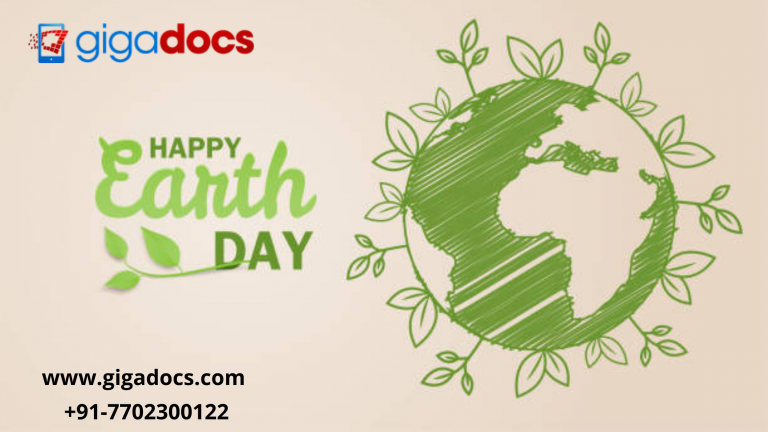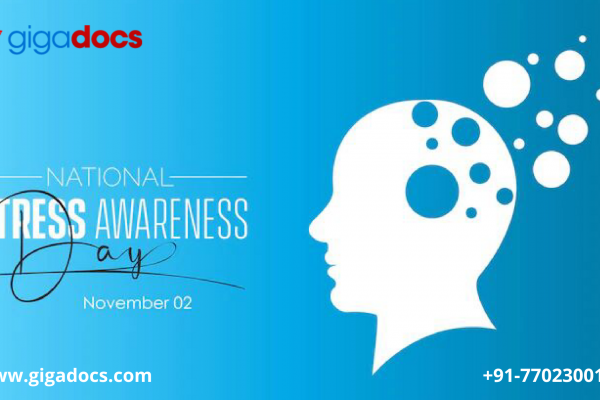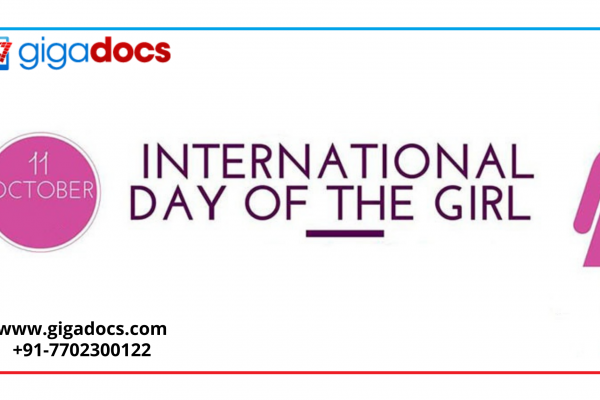The most advanced race and to a large extent, the most successful race to ever populate this earth has been the human race. We have come a long, long way from using simple tools made of sticks and rocks to using advanced communications that have also enabled us to fly a man-made machine on Mars. It is an unfathomable achievement that the Human race has started to conquer another planet in our solar system. However, a basic question remains. At what cost have we attained these advanced skill sets. Has modernization put us in a downward spiral or is there hope still?
The trajectory of the human race was altered forever when thousands of years ago, a man picked up a simple stick and used it as a tool. It must have been pretty similar to how our great apes of today use sticks and stones as simple tools, be it to catch ants or break hard nuts. Since then, Humans have improved leaps and bounds to get to where we are today. The simple sticks gave way to the stone age, then the bronze and Iron age. Though most of these era’s did not particularly stand out as detrimental towards nature, they certainly laid the groundwork. Advancement in science and healthcare along with technology ensured more humans can not only be sustained in terms of resources and food but also life expectancy increased along with a reduction in infant mortality. The chase for cheap and sustainable products rushed us into this Plastic Era.
Though advancements did trigger a global climate change and depletion of clean natural resources, it has also educated us and helped us identify the sources of these issues. We are at a stage where we acknowledge the ill effects of modern industrialization but are also so heavily dependent on them, that we are left to believe and accommodate it as a necessary evil. Statisticians have estimated that the Human race will continue to damage and hurt nature for a few more decades before science can come to rescue us again from the issues that we created ourselves. What is encouraging is that we have dedicated scientists working on how to reverse pollution in a cost-effective and sustainable manner.
What can we do till then? Do we just rely on these super minds to bail us out or is there something that even we can do? To understand this better, let’s have a quick look at the most pressing pollution threats that we face today.
Air Pollution:
The amount of pollution in the air is unprecedented. In fact, multiple cities around the world, which are home to millions of people are deemed unfit to live in. Unfortunately, most of these pollutants are also carcinogenic. The sheer number of people living with Breathing Issues or the alarming rate of increase in Cancer is a testament to how we have polluted the very air we breathe. The large-scale de-forestation not only reduces our ability to change the atmosphere but also damages the delicately balanced ecosystem. Loss of habitat has rendered many species extinct. Many of them which were at the top of the food chain regulating the balance. Once the balance is lost, there is very little chance of reviving the local biodiversity.
Water Pollution:
Though 70% of the earth is covered in water, only about 3% of it is freshwater out of which only about 0.5% is accessible to humans as most of it is trapped underground, in glaciers, and in polar caps. The alarming rate at which we continue to pollute our water resources is scary, to say the least. Adding to that, the rain captures most of the pollutants from the air and introduces them to our water bodies. Dumping of waste is doing to the oceans what de-forestation is doing to our land.
Light Pollution:
If you live in a city or close to one, there is a good chance you have hardly noticed any constellation of stars, leave alone the milky way! It may not sound that bad, but it hampers our biodiversity. Especially among animals that migrate. The cases of migratory animals ending up lost have been on the rise, which in turn has been creating havoc in the fine balance of our ecosystem.
Noise Pollution:
You don’t require an advanced degree in science to hear the clutter around you, especially in urban areas. Though we are able to adapt to it to a certain level for short periods of time. Long-term consequences are disastrous. From Mental Break downs to stress-related complications are on a rise, yet we don’t seem to make noise pollution serious enough.
Land Pollution:
One of the most devastating types of pollution. Irresponsible trash management, heavy dependency on Chemicals and Industrialization continues to be the major contributing factor for land pollution. Our dependency on Plastic which is not considered biodegradable is worrying, to say the least.
Now that we have seen the major issues we face, how can we as individuals contribute to the betterment of nature? It will be great if each of us can start rallying and shut down major polluting factories and stop depending on natural resources and shift to renewable resources. However, as the wise saying goes, “a journey of a million miles starts with a single step”. Let’s see what baby steps we can take in our day-to-day life to help counter the ill effects of modernization.
Always remember, any action, no matter how small, taken towards the betterment of nature is a step in the right direction. We must consciously and individually decide to reduce our carbon footprint! Following are a few steps we can take.
- Always carry your own carry bags made of bio-degradable materials (such as Jute) when going shopping. Avoid plastic or paper bags. (Paper bags are bio-degradable but are made from trees and are a major reason for deforestation.)
- Religiously follow proper waste management. Ensure segregation at source to ensure maximum re-usability!
- Ensure even renewable resources are not wasted. Turning off light while exiting a room for example.
- Plant as many trees as possible. A Concrete yard may be easy to maintain but it serves no purpose as groundwater does not get replenished if there is concrete and plants which could have helped in creating oxygen and cooling our atmosphere have been taken out of the equation.
- If purchasing a new vehicle, try and stick to zero-emission vehicles.
- Ensure wastewater is treated and re-used. Avoid channeling drains and water outlets into any natural water body.
- Avoid creating fires, dust, or engage in any chemical releasing activity.
- PLEASE STOP HONKING unnecessarily!
This is the least we can do to sustain mother earth. We must be hopeful that a largescale solution will be found. However, we always need to remember that our mother nature is resilient beyond our dreams. Check the various posts on social media during the lockdown where nature started taking back what belongs to it. Also, the case of Yellowstone National Park in the USA, where a few wolves were re-introduced after the local population was decimated, mainly due to hunting. The Wolves have revived the park again. What is even more interesting is the fact that a bunch of wolves was able to change the course of the rivers in the National park. All we need to do is give mother nature a fighting chance to set everything back in order. Till then it is on us to ensure we keep the earth alive!
Since pollution cannot be completely avoided at this moment, it is unfortunate that various health challenges keep arising over and over again. We strongly recommend the Gigadocs app, where you can get access to the best doctors around you. Virtual Consultation now ensures that you do not need to leave the safety of your home for a doctor’s consult. Log into Gigadocs today and you can start monitoring and maintaining your family health all through one app. The potential is unlimited!
Download Gigadocs App from-
- IOS App – apple.co/2W2iG4V
- Android App – bit.ly/33AQoRC
To know more and schedule a Virtual Consultation demo, Email, at info@gigadocs.com.




